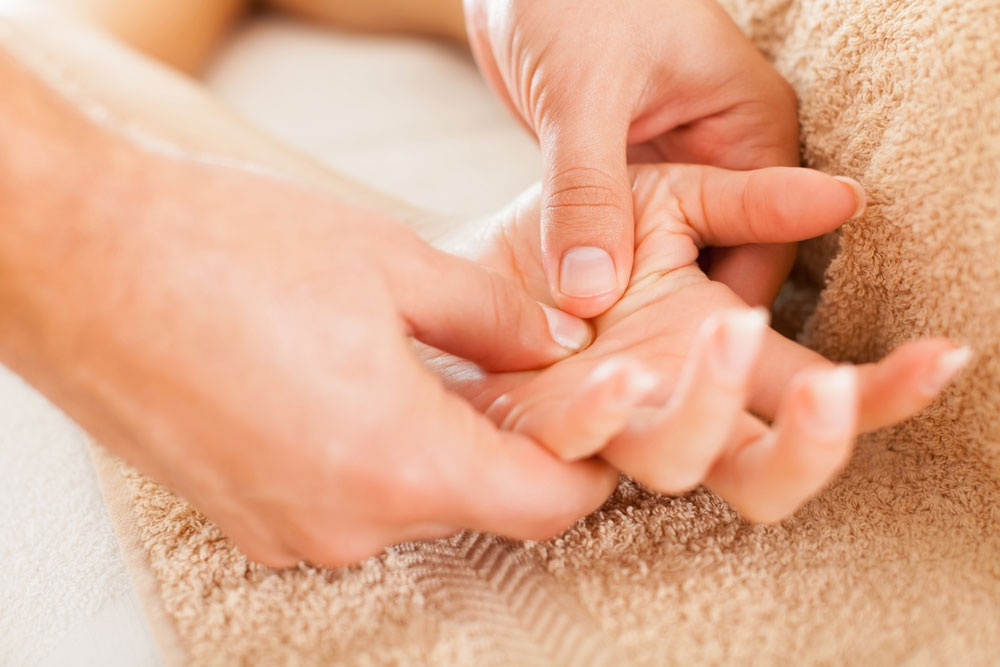Millions of people around the world use reflexology to complement medical treatments when addressing conditions such as stress and anxiety, arthritis, digestive issues, headaches, PMS, sleep problems, and sinusitis or to offset pain or the side effects of mainstream cancer treatments.
Reflexology is an ancient traditional Chinese therapy which is based on applying pressure on precise regions on the feet, hands, or ears whereby each region corresponds to a specific body organ and system. Reflexologists believe that applying pressure to these reflex points both provides information about the corresponding organ and improves its functioning.
Reflexologists use a foot, hand, or ear map to determine the correspondence between different regions and various body organs. For feet, in general, the left foot reflects organs found on the left side while the right foot corresponds to organs on the right side of the body.
Differences between reflexology and other therapies
Many people confuse reflexology with Tuina (acupressure) or other types of massage, acupuncture, and Reiki. However, there are clear differences between these therapies. Massage therapists apply pressure to large areas of the body’s soft tissue while reflexologist apply pressure only to specific points on the ears, feet, and hands. Tuina massage and acupuncture also use reflex points on the body but the points differ and are found all over the body. Finally, Reiki does not involve any physical pressure at all.
What are the benefits of reflexology?
Reflexology is linked to many potential benefits. However, few of these benefits have been evaluated in scientific studies. One study suggests that reflexology has minimal beneficial effects on any medical situation. However, as a complementary therapy to mainstream medical treatments, it might offer advantages in reducing symptoms and improving an individual’s quality of life.
Some evidence reflects that reflexology is a beneficial and low-risk therapy that can help to:
- Boost the immune system
- Clear up sinus problems
- Ease arthritis pain
- Fight colds and bacterial infections
- Improve digestion
- Lessen stress and anxiety
- Improve mood
- Promote general well-being
- Recover from back problems
- Reduce pain
- Treat nerve problems
How to find a professional reflexologist
Always look for a well-trained reflexologist, as compared to a person who obtained a preliminary introduction (usually a workshop delivered over the course of just a few weeks).
Consider the below suggestions when looking for a reflexologist:
- Check any professional associations listed online
- Ask a medical professional or someone you trust for a recommendation
- Ask the reflexologist about their training and certification
- Ask the therapist how they work
- Explore payment options before booking a session
Talk to your doctor if you have any serious existing conditions before seeking treatment.
Some pressure points on the hands and fee may induce contractions so make sure to tell your reflexologist if you are pregnant before starting your session.
Although reflexology may not be a scientifically proven medical treatment, studies suggest that it is a helpful complementary treatment for a number of conditions and particularly for anxiety and stress.

